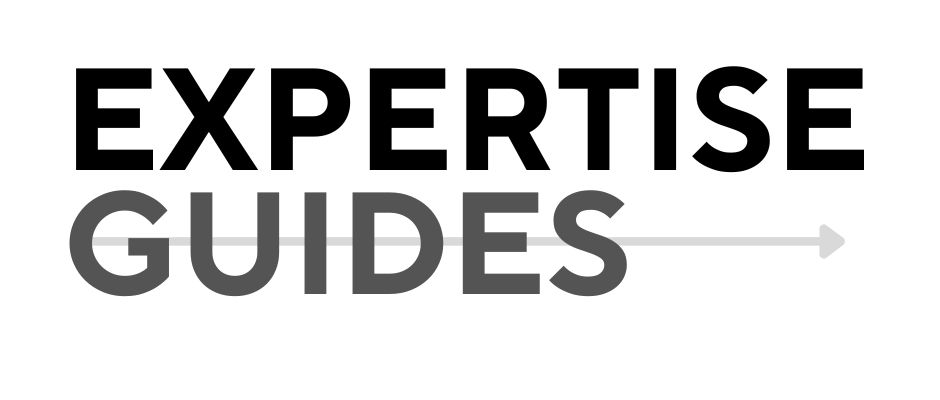Summary: Discover how moving beyond consensus can enhance leadership decision-making by leveraging informed dissent and constructive conflict.
Information Type: eBook
Introduction: The Myth of Consensus-Driven Leadership
For years, consensus has been hailed as the gold standard in leadership decision-making. Leaders often believe that reaching unanimous agreement ensures buy-in and cohesion. Yet, is this truly the best path? This eBook challenges the conventional view, suggesting that relentless pursuit of consensus may stifle innovation and slow progress.
The Pitfalls of Consensus: Empirical Evidence
Analysis of Longitudinal Studies: Research shows that consensus-based decisions can lead to watered-down solutions that lack boldness or innovation. For instance, a study published in the Journal of Business Research (2021) found that teams emphasizing consensus often suffered from reduced creativity and slower decision-making.
Case Studies of Failed Consensus-Driven Projects: Take the example of a tech giant that spent years developing a product only to realize that striving for unanimous approval led to missed market opportunities and a diluted product offering.
The Hidden Costs of Striving for Unanimous Agreement: These include longer decision cycles and increased frustration among team members, as noted by a Harvard Business Review article (2020).
Psychological Factors: Groupthink and Conformity Bias: Consensus can breed groupthink, where dissenting voices are silenced, and conformity bias, where individuals suppress their true opinions to align with the group.
The Alternative: Informed Dissent and Constructive Conflict
Introduction to Constructive Conflict: Constructive conflict isn’t about chaos but about harnessing diverse opinions to drive better outcomes.
Benefits of Diverse Perspectives in Decision-Making: Studies indicate that diverse teams outperform homogeneous ones in problem-solving, as noted by the Academy of Management Journal (2022).
Meta-Analyses on Devil’s Advocate Approaches: Encouraging a devil’s advocate role can lead to more robust discussions and innovative solutions, as highlighted in a Psychological Bulletin review (2021).
Real-World Examples of Successful Dissent-Driven Innovations: Companies like @ALTURAHR have thrived by fostering environments where dissent is not only accepted but encouraged, leading to groundbreaking innovations.
Implementing a New Decision-Making Framework
Strategies for Encouraging Healthy Disagreement:
1. Create Safe Spaces: Establish environments where employees feel safe to voice differing opinions.
2. Reward Dissent: Recognize and reward constructive dissent as a valuable contribution.
Techniques for Managing and Moderating Constructive Conflicts:
1. Facilitated Discussions: Use neutral moderators to guide discussions and ensure all voices are heard.
2. Structured Debates: Implement structured debate formats to explore different viewpoints thoroughly.
Tools for Synthesizing Diverse Viewpoints:
– Use decision-making software that allows for anonymous feedback and voting.
– Implement regular feedback loops to revisit and refine decisions.
Overcoming Resistance to Change: Change can be daunting, but emphasizing the long-term benefits and providing training can ease the transition.
Conclusion: Embracing Dissent for Enhanced Leadership
Moving beyond consensus isn’t just about improving decision-making; it’s about fostering innovation and resilience in leadership. Leaders are called to embrace this paradigm shift, paving the way for a future where diverse voices shape robust, adaptable strategies.
Future Outlook on Leadership: As complexity in the world increases, leaders who leverage dissent will navigate challenges more effectively, driving their organizations toward sustained success.
Join the Conversation: Share your thoughts on embracing dissent in decision-making! Follow me for more insights, and don’t forget to comment and share this eBook with your network.


